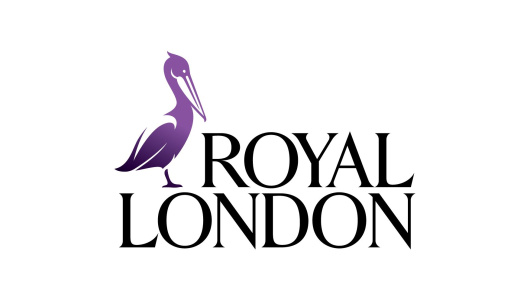An estimated 2.3million people in the UK own crypto assets, but issues surrounding the tax status of these assets during an owner’s lifetime and on their death remain poorly understood.
HM Revenue and Customs’s (HMRC) guidance states that the location of such assets follows the residence of the beneficial owner, though this is guidance only and could be challenged in court.
Largely, when considering crypto assets in the UK, the tax issues focus on how profits realised on the sale of the crypto assets are taxed. In most cases, such gains are treated as capital gains and charged to capital gains tax in the UK. This may not always be the case, as there are situations where the buying and selling of crypto assets may be considered by HMRC to be sophisticated, frequent, and organised enough to give rise to an income taxable activity.
In such situations, for a UK resident individual, the income will be considered to have a UK source and taxable here. HMRC’s view is that such situations will only arise in exceptional circumstances which is a similar view HMRC has expressed in respect of the buying and selling of company shares and securities, for example.
The default position is that UK residents are liable to capital gains tax on any chargeable gains, regardless of where the assets are located. However, certain individuals, who are UK resident but not domiciled (or deemed to be domiciled) in the UK, can choose to limit their liability to capital gains tax. In these cases, capital gains tax will only be paid on capital gains realised on assets located in the UK, or assets located outside the UK if the funds received are brought here.
HMRC’s guidance that the location of crypto assets follows the residence of the beneficial owner means that UK resident individuals who are non-UK domiciled will be liable to capital gains tax on capital gains on crypto assets regardless of whether the funds are brought to the UK.
From an inheritance tax perspective, the location of the deceased’s assets can be crucial in determining whether their value is subject to tax. Where an individual is resident in the UK but holds a foreign domicile, only assets located in the UK are subject to inheritance tax. Assets belonging to someone who is domiciled in the UK are subject to UK inheritance tax irrespective of where in the world they are located.
Given that the very nature of crypto assets is that they are not physically located in a particular territory, it is curious that tax liability for these assets should follow the deceased’s residence, rather than their domicile status. This anomalous arrangement could easily lead to unreasonable outcomes.
For example, if an individual who owns over £325,000 of cryptocurrency were to travel to the UK on holiday and subsequently be unable to leave for at least 183-days of a tax year, due to ill-health or a pandemic, and subsequently died here the value of the crypto assets would be chargeable to inheritance tax. This is despite the individual’s other assets not being taxable in the same way.
HMRC’s guidance poses an additional problem for executors in that they will have to determine whether a non-domiciled person was tax resident in the UK at their death. This is an additional onerous task placed on an executor that could have significant tax consequences.
Previously, the executors would only have to report assets physically located in the UK, but under the current guidance the executors should ascertain whether the deceased was tax resident in the UK during the tax year of his death – even if they did not die here. If this were indeed to be the case, executors must ascertain the value of the crypto assets held in the name of the deceased – as executors may be personally responsible for paying any inheritance tax liability.
Joseph Adunse is a senior manager, and Richard Burgess a senior solicitor with Moore Kingston Smith








I imagine that it’s occurred to hardly anyone who’s invested in crypto assets that, upon encashing them and realising a capital gain, they should report it to HMRC.
To the best of my knowledge, providers of crypto assets are under no obligation to report such events either so, in all probability, HMRC has no idea how much CG relating to crypto assets goes unreported, still less how much related tax goes unpaid.
Life Assurance companies are required to (and presumably do) report potentially chargeable events in respect of encashments from/surrenders of Investment Bonds. But HMRC has the resources to cross-check only a tiny fraction of such reports against what the Bond holder has declared on his/her tax return, so vast amounts of tax probably go unpaid on this front as well.